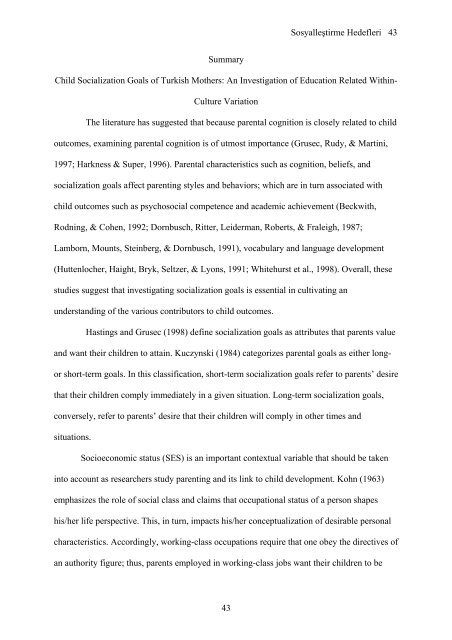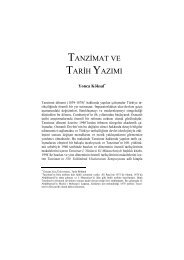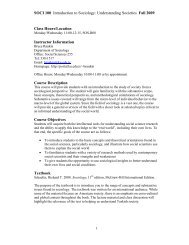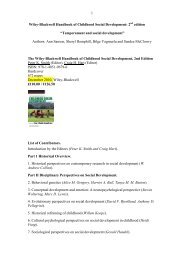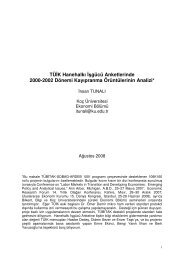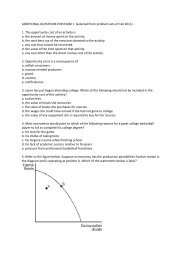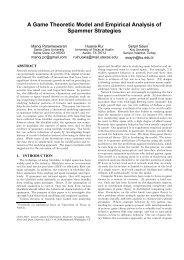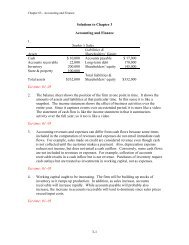Sosyalleştirme Hedefleri 1 1 Türk Annelerin Çocuk Sosyalleştirme ...
Sosyalleştirme Hedefleri 1 1 Türk Annelerin Çocuk Sosyalleştirme ...
Sosyalleştirme Hedefleri 1 1 Türk Annelerin Çocuk Sosyalleştirme ...
Create successful ePaper yourself
Turn your PDF publications into a flip-book with our unique Google optimized e-Paper software.
<strong>Sosyalleştirme</strong> <strong>Hedefleri</strong> 43SummaryChild Socialization Goals of Turkish Mothers: An Investigation of Education Related Within-Culture VariationThe literature has suggested that because parental cognition is closely related to childoutcomes, examining parental cognition is of utmost importance (Grusec, Rudy, & Martini,1997; Harkness & Super, 1996). Parental characteristics such as cognition, beliefs, andsocialization goals affect parenting styles and behaviors; which are in turn associated withchild outcomes such as psychosocial competence and academic achievement (Beckwith,Rodning, & Cohen, 1992; Dornbusch, Ritter, Leiderman, Roberts, & Fraleigh, 1987;Lamborn, Mounts, Steinberg, & Dornbusch, 1991), vocabulary and language development(Huttenlocher, Haight, Bryk, Seltzer, & Lyons, 1991; Whitehurst et al., 1998). Overall, thesestudies suggest that investigating socialization goals is essential in cultivating anunderstanding of the various contributors to child outcomes.Hastings and Grusec (1998) define socialization goals as attributes that parents valueand want their children to attain. Kuczynski (1984) categorizes parental goals as either longorshort-term goals. In this classification, short-term socialization goals refer to parents’ desirethat their children comply immediately in a given situation. Long-term socialization goals,conversely, refer to parents’ desire that their children will comply in other times andsituations.Socioeconomic status (SES) is an important contextual variable that should be takeninto account as researchers study parenting and its link to child development. Kohn (1963)emphasizes the role of social class and claims that occupational status of a person shapeshis/her life perspective. This, in turn, impacts his/her conceptualization of desirable personalcharacteristics. Accordingly, working-class occupations require that one obey the directives ofan authority figure; thus, parents employed in working-class jobs want their children to be43


